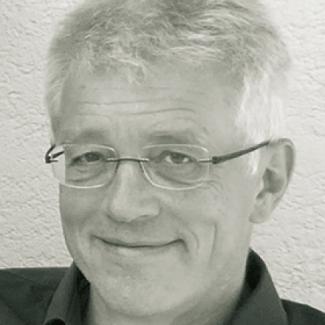A Muslim film director’s response to terrorism in Mali
Sissako is a film director who studied in Soviet era Moskow and lived in France for many years. He was born in Mauretania and grew up in Mali. The film Timbuktu was shot in Mauretania. It deals with the months during which the Malian city of that name was controlled by Islamist militants in 2012, before being retaken by Malian and French troops in early 2013.
Sissako does not paint a black and white picture. The persons he portrays are human beings. They have feelings, they believe in things, but they also harbor doubts. They think and argue with one another. Many of the militants are insecure and confused, and some are incredibly violent. All in all, however, they are not that different from the people they are suppressing.
Fundamentalist leaders are shown to rely only on the force of their guns, but are not able to discuss at eye-level with the local Imam who tells them they are wrong. As the scenes unfold, it becomes obvious just how ridiculous it is to try and make music or football illegal. In one scene, a young woman is whipped in public because she was caught singing – and, in pain, she bursts out in a sung prayer. In another telling scene, young men play imaginary football. They run over the pitch, they wave their arms, one even scores a goal – but there is no ball to be seen.
The plot involves many different characters. A non-religious conflict over a cow escalates, someone is killed, and it becomes absolutely clear that the self-appointed religious leaders of the occupied city are simply not up to handling mundane problems of this kind. Without lengthy lectures, Sissako’s screenplay excels in highlighting the arrogance and brutality of the Islamists as well as their religious and secular incompetence.
For good reason, the film won several Césars, the French equivalent of Hollywood Oscars, last year. In my eyes, it is worth much more than most Hollywood films. It does what the arts should do – it doesn’t merely entertain, it enlightens. Sissako is a director who deserves international attention.
He deserves attention in Mali too, of course, but as Sissako told the Guardian in an interview in May, his film had not been screened there yet. The reason, he said, was not fear of militants, but lack of cinemas.
https://www.youtube.com/watch?v=Cs2dYAlbINY


